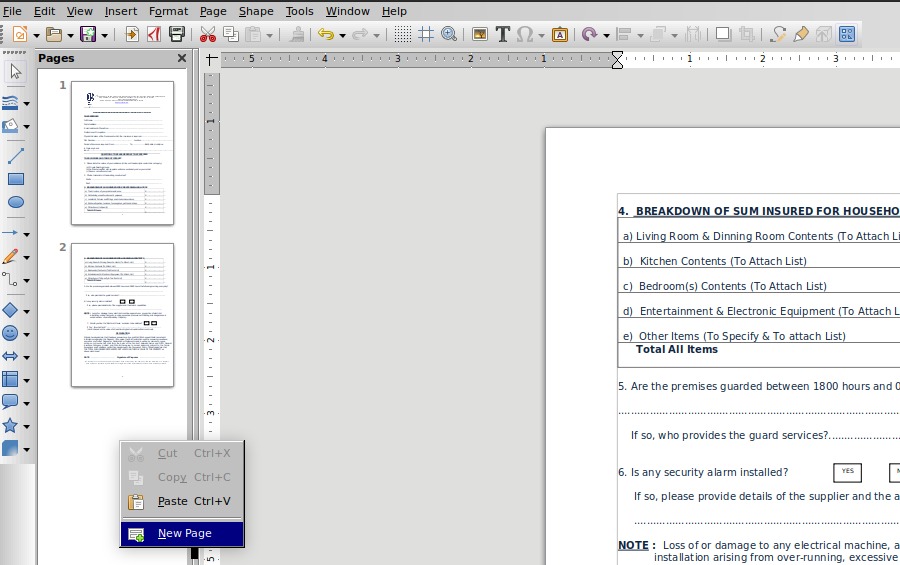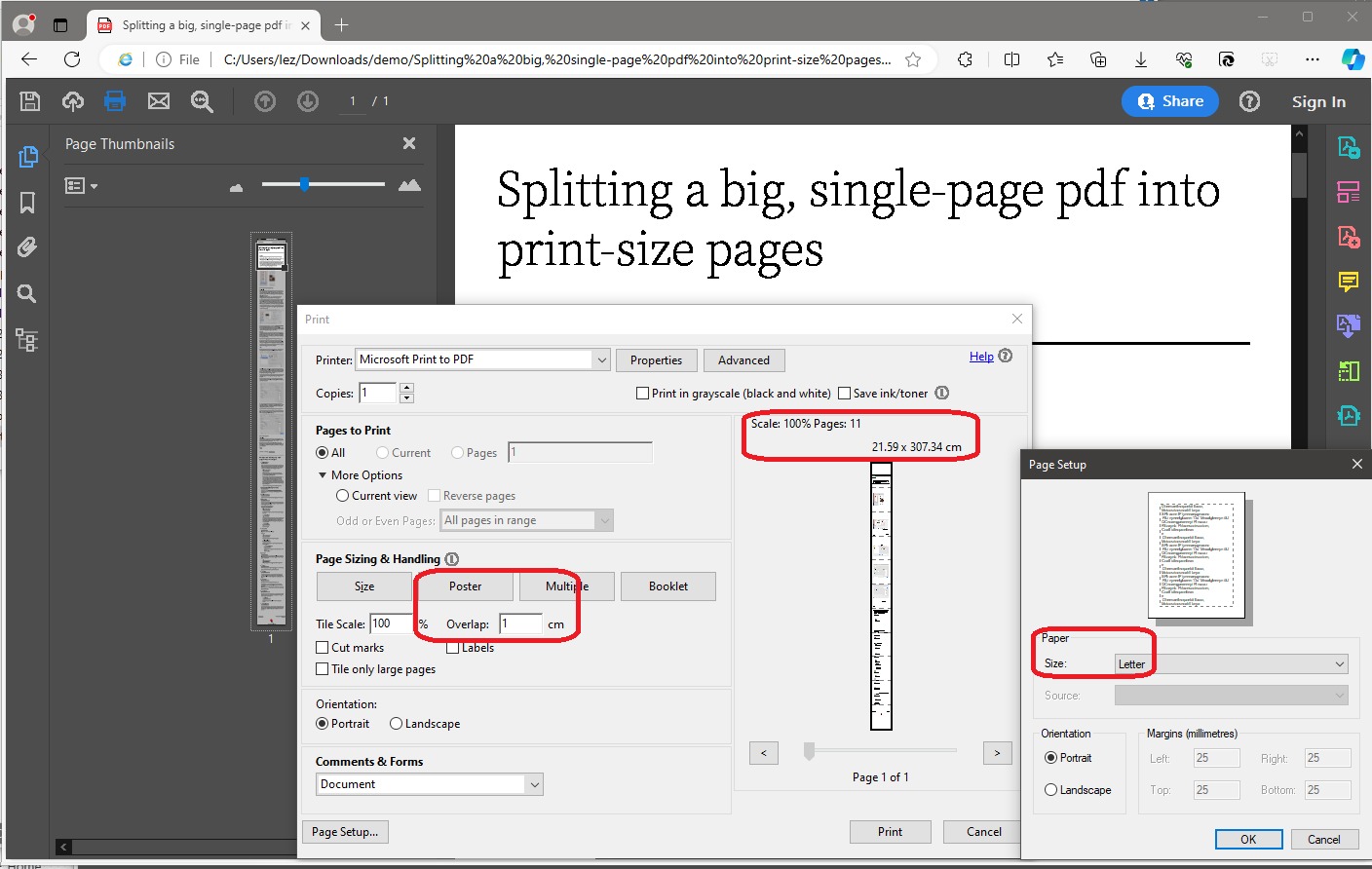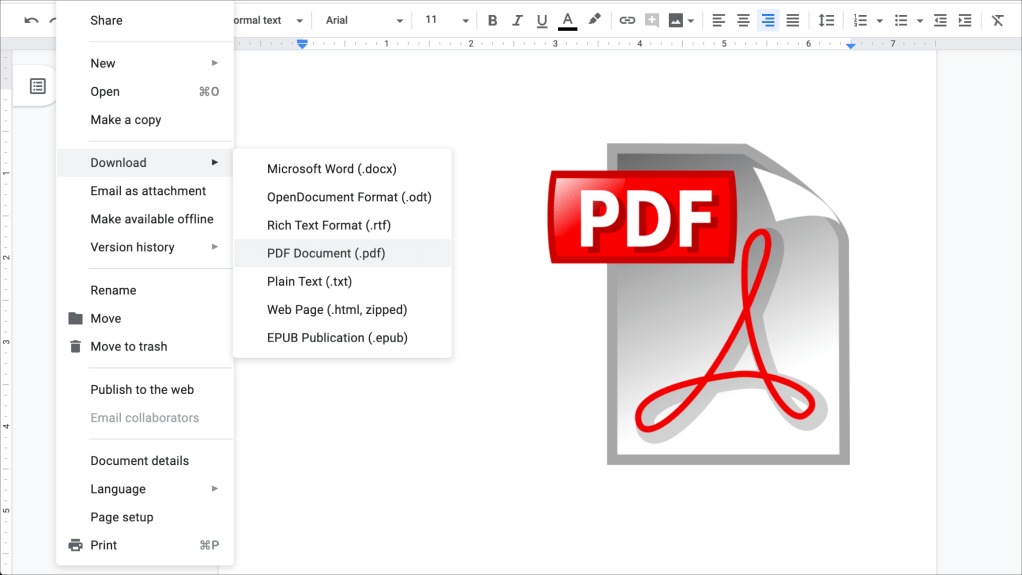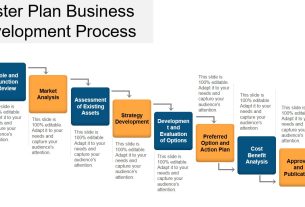PDF Tools is celebrating its 15th anniversary this year. Despite its relatively short history, it has been very successful so far. BIT met with the company’s founder, Dr. Hans Bärfuss, to talk about his secret of success, a surprise trip for the company’s anniversary, the advantages of a centralized development department and the challenges facing the archivists of the future.
BIT: Dr. Bärfuss, if you look at his long List of interests, hobbies, tastes and passions, you could call him a real multi-talent: Electrical engineering, music, aerobatics, languages, social projects, to name just a few. How do you explain your keen interest in so many different things? What have you learned from your different interests that you can apply to your work?

Bärfuss: In the end, they are all related and help me develop my personal skills, because there is a close connection between entrepreneurship and the personality of the entrepreneur. Music, for example, has given me an insight into non-verbal thinking and my musical activities have improved my ability to work in a team. As a pilot, you will learn to take responsibility for your passengers while acting as a commander and specialist. Aerobatics has taught me that Talent alone is not enough. You can only succeed by training hard until the skills are ingrained enough to be able to use them perfectly in the allotted time.
BIT: Your entrepreneurial instinct manifested itself from an early age, and you were very successful from the very beginning with many different projects and companies. What is the secret of your success?
Bärfuss: You do business with people, not with organizations, so I’ve always tried to get to know people very well. In addition, thanks to continuous learning, you will be better adapted to technological, social and communication developments. Passion for the product is more important than passion for money when it comes to impressing customers and investors.

Every new business starts with an inspiring idea. But it is a misconception that the idea must be extremely creative, even ingenious. It is a little-known but sobering fact that the world is almost entirely driven by average ideas. And you don’t even need to come up with your own idea. Based on my experience and observations, I believe that it is the Initiative, the strong will and the resilience of the entrepreneur that make an idea a successful business.
BIT: You were one of the first to recognize the importance of digital documents in our modern communication society. How important are aspects such as digital archiving, revision compliance and smart document formats?
Bärfuss: Many companies have recognized that digital documents are an integral part of the digitization of business processes. But few have fully understood the consequences and implications. Digital archiving and electronic signatures are examples of this. At present, they are mainly considered as an expense and not as an investment in lawful compliance.
BIT: In your opinion, what innovations can we expect in the field of long-term electronic archiving? What are the biggest challenges for the archivists of the future?
Bärfuss: The main challenges of digital archiving are:

Selection of relevant information from the stream of digital information (for example, emails)
Manage the content that deserves to be kept from social media channels (Facebook, Twitter, Web, multimedia
Digital archiving is long-term oriented and its interests often clash with technological advances (for example, many companies continue to use TIFF for long-term archiving, although more modern formats are now available).
BIT: You founded PDF Tools AG 15 years ago in 2002. What are you particularly proud of when you think back to the short but very successful history of your company?
Bärfuss: In this small but successful company, I have the best team I have ever worked with. Efficient, independent, socially savvy, loyal. I am very proud of it. In addition, many of our ideas were copied by competitors.
BIT: What projects do you really want to start and are you working towards specific goals?
Bärfuss: Part of our work is done with the future in mind, which is why we work closely with universities to advance PDF research projects. In one of these projects, we aim to make PDF useful to allow fast and efficient communication with mobile devices. This will open up new applications for PDF that were barely possible until now.



